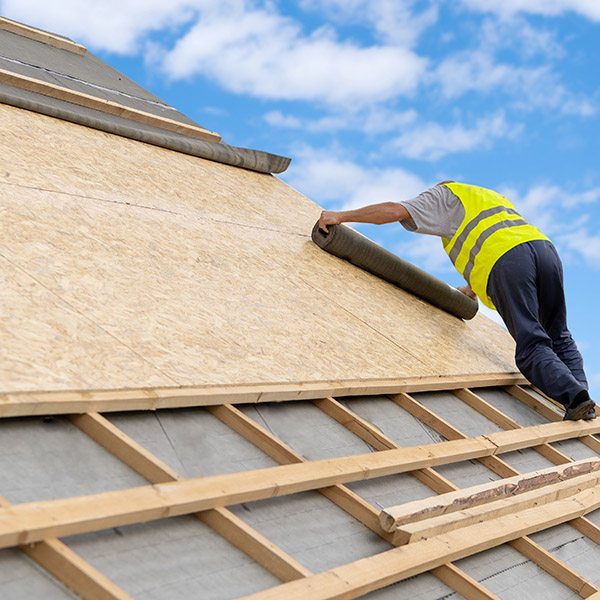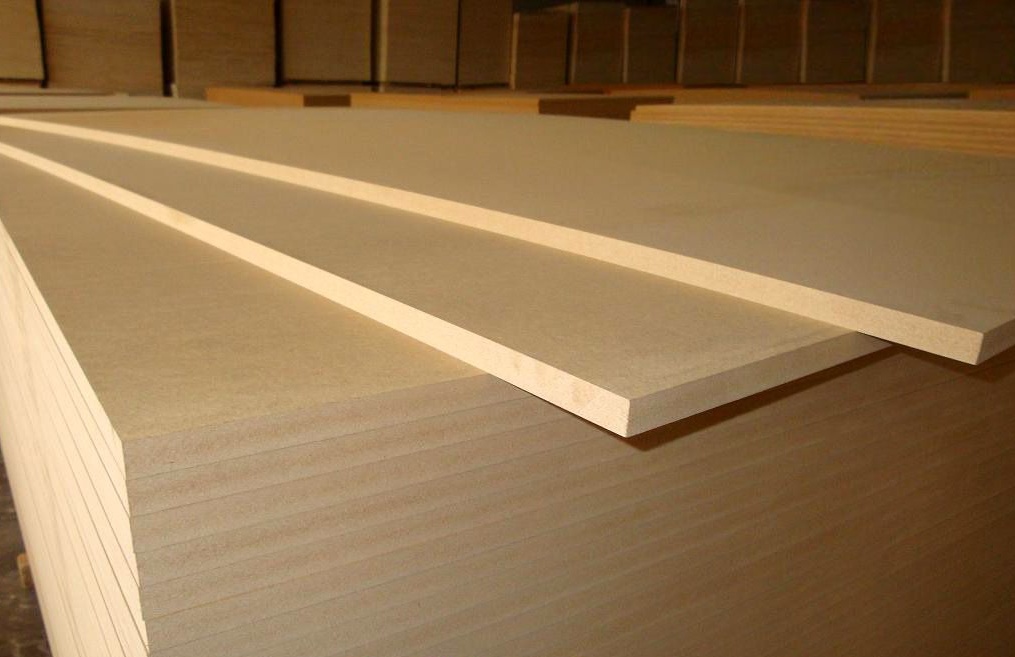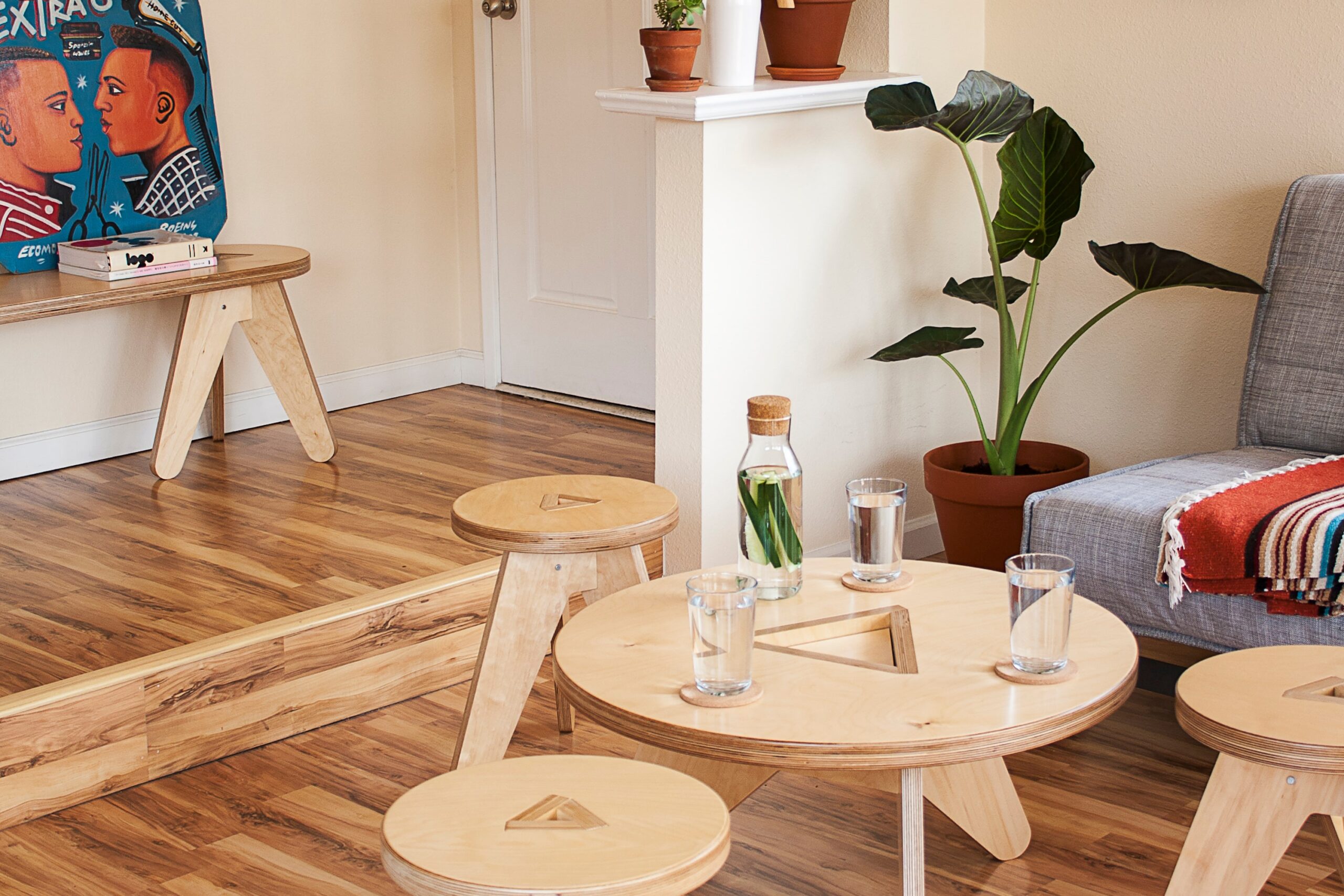Plywood is a building material made of multiple thin boards or pieces of wood laid on top of each other in the direction of the fibers and bonded together with glue. It is a very common and versatile material that is widely used in furniture manufacturing, construction and decoration. Here are a few of the main features and advantages of plywood:

Strength and Stability: The laminated structure of plywood gives it high strength and stability. Due to the criss-crossing of the wood fibers, plywood is resistant to problems such as twisting, shrinking, and swelling, and is relatively resistant to deformation.
Customizability: The material and manufacturing process of plywood make it ideal for customization. Different thicknesses, sizes and quality levels can be selected according to actual needs to meet specific project requirements. At the same time, plywood can also be processed through cutting, drilling and shaving to adapt to different design needs.
Environmental protection: Compared with solid wood panels, plywood can use wood resources more efficiently. Plywood can use smaller sizes and sub-grade raw materials, and the use of glue for bonding can also improve the utilization of wood. In addition, some plywood manufacturers use environmentally friendly glues and processes to reduce their impact on the environment.
Easy to process and install: Due to its compact and strong construction, plywood is very easy to process and install. It can be fixed by cutting, nailing, screwing or adhesive, and is suitable for a variety of different construction methods. And compared with solid wood panels, the lighter weight also makes transportation and installation easier.
Wide range of applications: The versatility of plywood makes it suitable for a variety of application scenarios. It can be used in furniture manufacturing, building floors, walls and roofs, packaging boxes, vehicle interiors and more. Plywood also offers the option of surface coverings such as wood veneers, coatings or paints to increase aesthetics and durability.

It is important to note that the specific needs of the project and the environment in which it will be used should be considered when selecting the appropriate plywood. Make sure to choose quality products that comply with relevant standards and certifications, and follow relevant installation and usage guidelines to ensure the performance and longevity of your plywood.
Also, some additional information about plywood:
Multiple Types: Plywood can be divided into multiple types based on different gluing materials and manufacturing methods. For example, hard plywood uses natural adhesives and is suitable for indoor furniture and decoration, while soft plywood uses synthetic adhesives and is more water-resistant and suitable for outdoor construction and shipbuilding.
Strength Grades: Plywood often comes in different strength grades for different application needs. For projects that require higher strength and load-bearing capacity, high-strength plywood can be selected; while standard-strength plywood commonly used in general decoration and furniture manufacturing can meet the needs.
Fire resistance: Some plywood products have been specially treated to have good fire resistance. This makes them widely used in construction projects requiring fire resistance, such as commercial buildings, public places and high-rise buildings.
Focus on quality and certification: When purchasing plywood, it is recommended to choose a reputable manufacturer or supplier and ensure that the product meets relevant quality standards and certification requirements. For example, CARB (California Air Resources Board) certification, FSC (Forest Stewardship Council) certification, etc. These marks can guarantee that the plywood purchased meets the requirements of environmental protection and sustainable development.
Maintenance and Care: To maintain the appearance and performance of plywood, the surface should be cleaned regularly and protected from exposure to extremes of humidity and temperature. If painting or waxing is required, special coating and maintenance products should be used for plywood.

Overall, plywood is a very common and practical material in the construction and decoration fields. Its diversity, customization and environmental protection make it the first choice for many projects. At the same time, plywood also has good strength, stability and workability, and can meet various construction and decoration needs.

